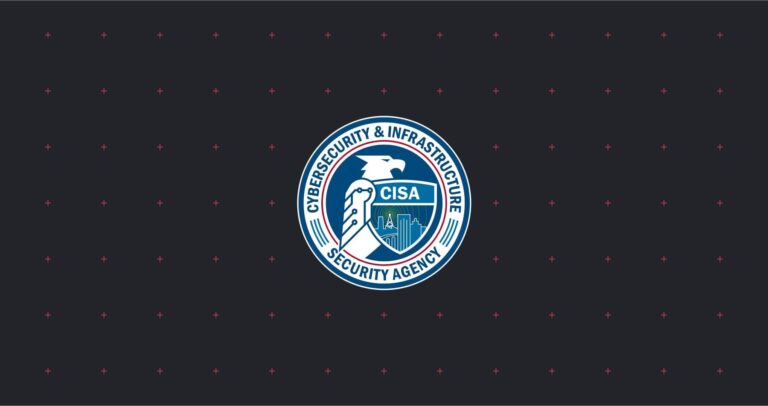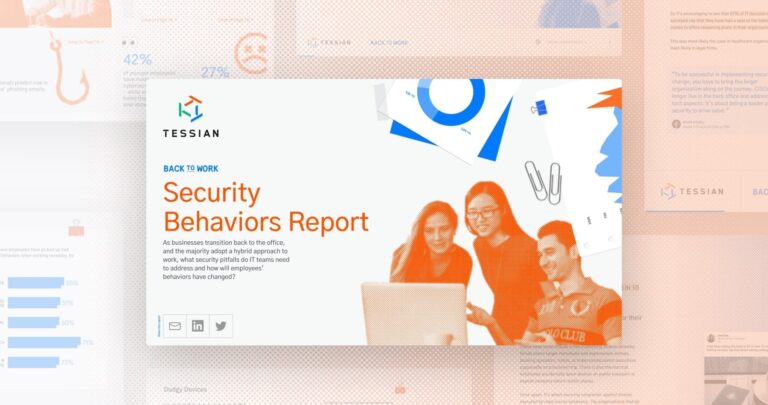Our research report into security culture reveals a startling disconnect between security leaders’ views and those of employees when it comes to cybersecurity. Our survey of 2,000 employees in the UK and US revealed that just 39% say they’re very likely to report a security incident, making investigation and remediation even more challenging and time-consuming for security teams.
When asked why, over two-fifths (42%) of employees said they wouldn’t know if they had caused an incident in the first place, and 25% say they just don’t care enough about cybersecurity to mention it – a sentiment that should set alarm bells ringing for security leaders.
What’s more, for some staff, this attitude is bleeding into their home life. 20% of employees say they don’t care about cybersecurity at work – over 1 in 10 say they don’t care about it in their personal lives!
It’s clear then, that a significant percentage of employees are simply not engaged with the organization’s cybersecurity procedures and how they play their part in keeping their company secure.
Turning to IT and security leaders, virtually all of the 500 leaders we surveyed (99%) agreed that a strong security culture is important in maintaining a strong security posture. And yet despite rating their organization’s security 8 out 10, on average, three-quarters of organizations experienced a security incident in the last 12 months.
There’s clearly a disconnect here between the views of the SOC team, and those in other teams around the business, and one reason for that could be the reliance on traditional training programs.
48% of security leaders say training is one the most important influences on building a positive security posture. But the reality is that employees aren’t engaged; just 28% of UK and US workers say security awareness training is engaging and only 36% say they’re paying full attention. Of those who are, only half say it’s helpful, while another 50% have had a negative experience with a phishing simulation. 1 in 5 employees don’t even show up for SAT sessions.
As indicated above, the report also reveals a disconnect when it comes to actually reporting security risks and incidents. Eighty percent of security leaders believe robust feedback loops are in place to report incidents, but less than half of employees feel the same, suggesting clearer processes are needed so that security teams have greater visibility of risk in their organization.
Boomers v Gen Z: The Generational Divide
The report also revealed stark generational differences when it comes to cybersecurity culture perceptions. The youngest generation (18- 24 year olds) is almost three times as likely to say they’ve had a negative experience with phishing simulations when compared to the oldest generation (55+). In contrast, older employees are four times more likely to have a clear understanding of their company’s cybersecurity policies compared to their younger colleagues, and are five times more likely to follow those policies.
When it comes to risky cybersecurity practices such as reusing passwords, exfiltrating company data and opening attachments from unknown sources, younger employees are the least likely to see anything wrong with these practices.
Andrew Webb
Senior Content Manager













